Although many consider Christmas and American culture to go hand in hand, early American colonists considered Christmas a controversial celebration. In fact, the city of Boston outlawed all Christmas celebrations for nearly two decades.
So, what spurred the early colonists’ Scrooge-like disposition? Puritan beliefs prohibited them from celebrating Christmas or any other day outside the Sabbath. In essence, the early colonists believed that celebrating Christmas or “Foolstide” would lead Americans to licentious behaviors and overindulgence.
Puritans’ concerns were not unfounded. Christmas celebrations of yore resembled an adult version of Halloween, with mobs crowding the streets demanding alms from wealthy merchants. In fact, the old carol, “We Wish You a Merry Christmas,” used to have vaguely threatening connotations.
In 1712, Cotton Mather, an influential priest of the American colonies, described Christmas as a celebration “spent in reveling, dicing, carding, masking, and in all licentious liberty … by mad mirth, by long eating, by hard drinking, by lewd gaming, by rude reveling!”
His tone was notably condemning. However, the pilgrims before him took their dislike for the holiday to Grinch-like proportions.
In 1659, New England fined shop owners five shillings for closing on Christmas — a significant penalty at the time. Moreover, town criers roamed the streets on Christmas Eve, shouting, “No Christmas, No Christmas!”
The ban remained firmly in place until 1681. In 1686, Sir Edmund Andros closed shops and held one of the first services of Christmas hymns in the American colonies. However, Andros flanked himself with British soldiers during the performance for fear of a Puritan revolt.
Although Christmas celebrations were no longer outlawed in the late 17th century, they remained taboo among the pious portions of the American colonies. Even after America established its independence, many worked throughout the holiday, including both federal House and Senate members.
“O blessed Season! Lov’d by Saints and Sinners / For long Devotions, or for longer Dinners,” wrote American forefather Benjamin Franklin in 1739 regarding the controversy of Christmas.
The war on Christmas celebration remained hotly debated throughout the early 1800s until it was established as a federal holiday by Ulysses S. Grant in 1870. Although many continued to discourage grandiose Christmas celebrations, Grant’s decision enshrined Christmas into American culture.

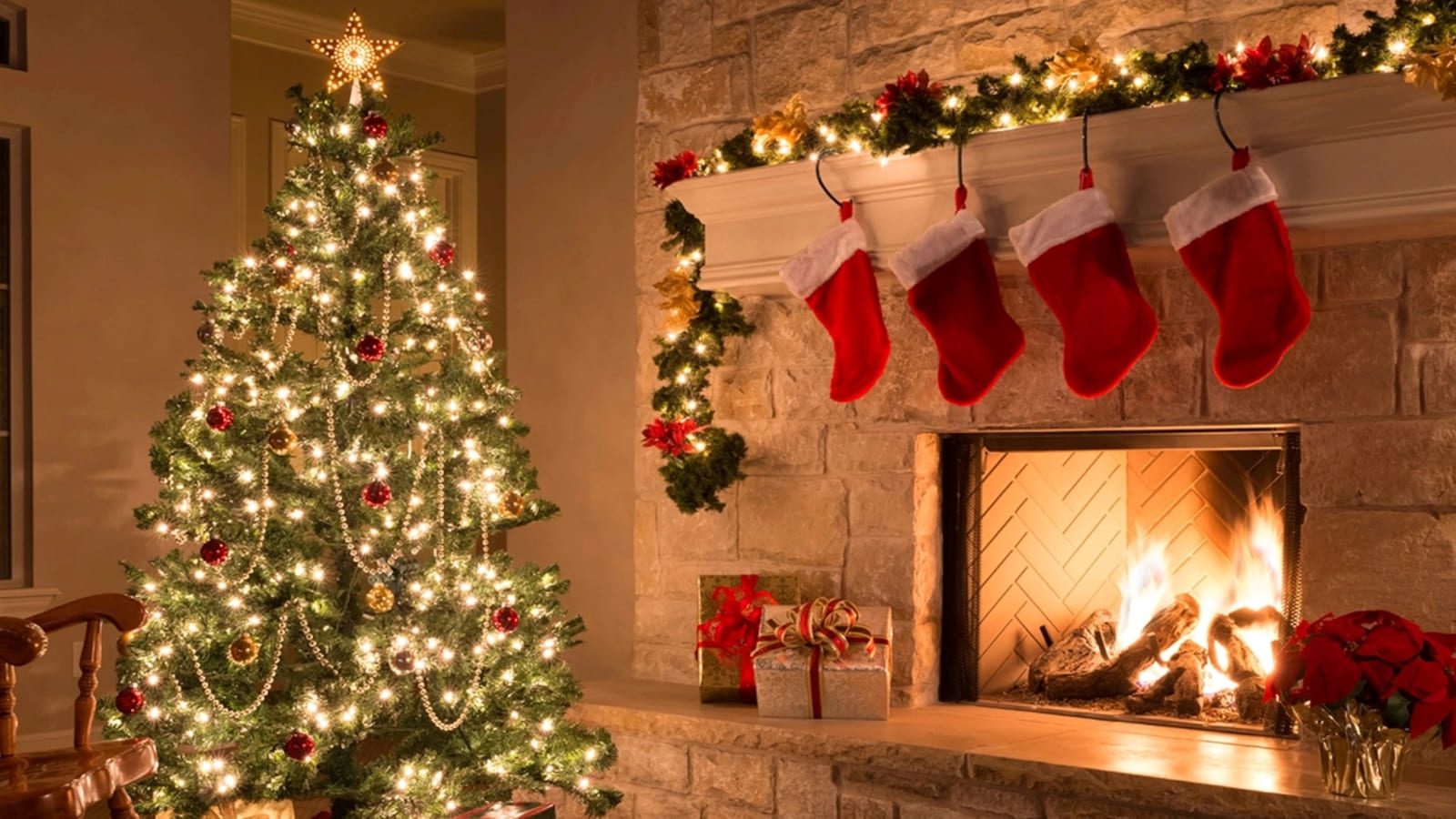
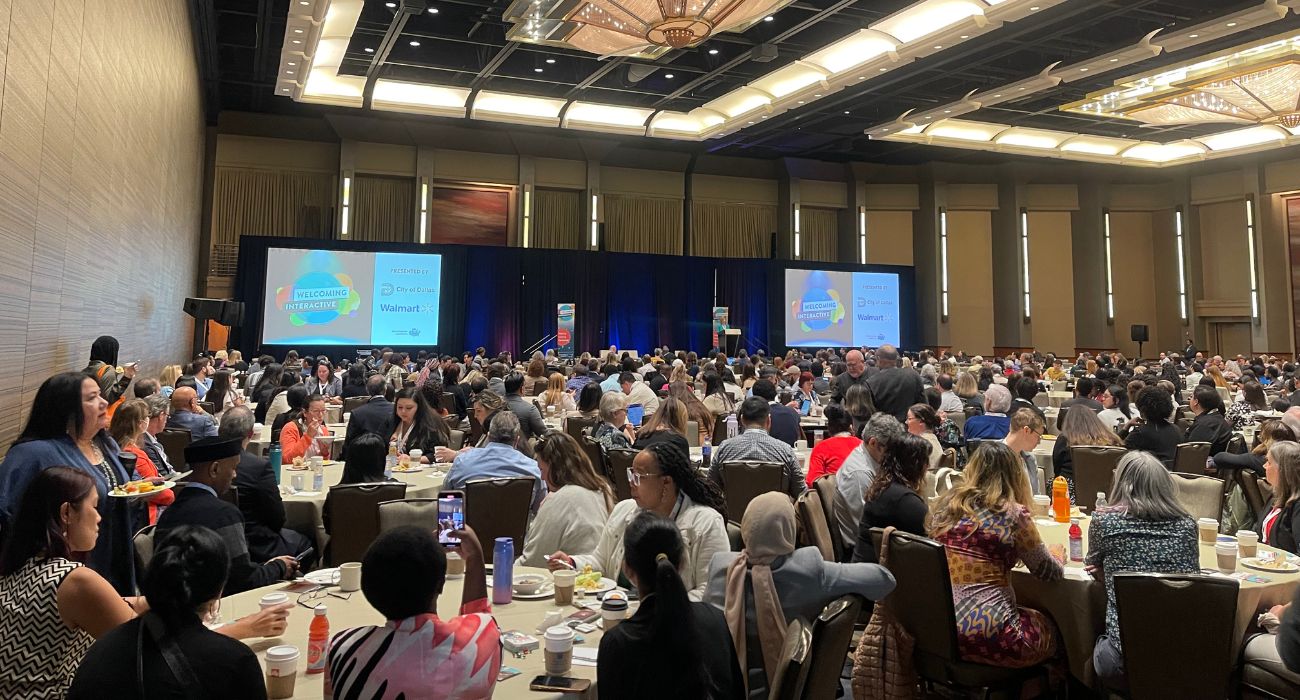
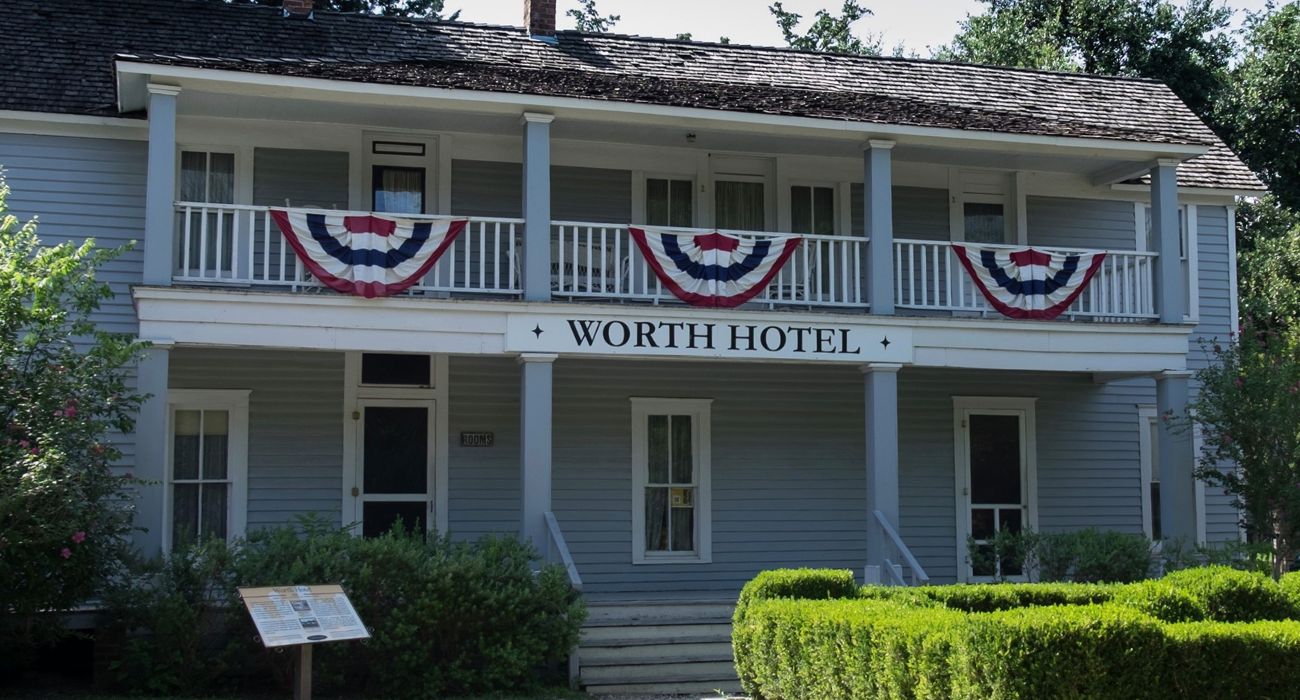
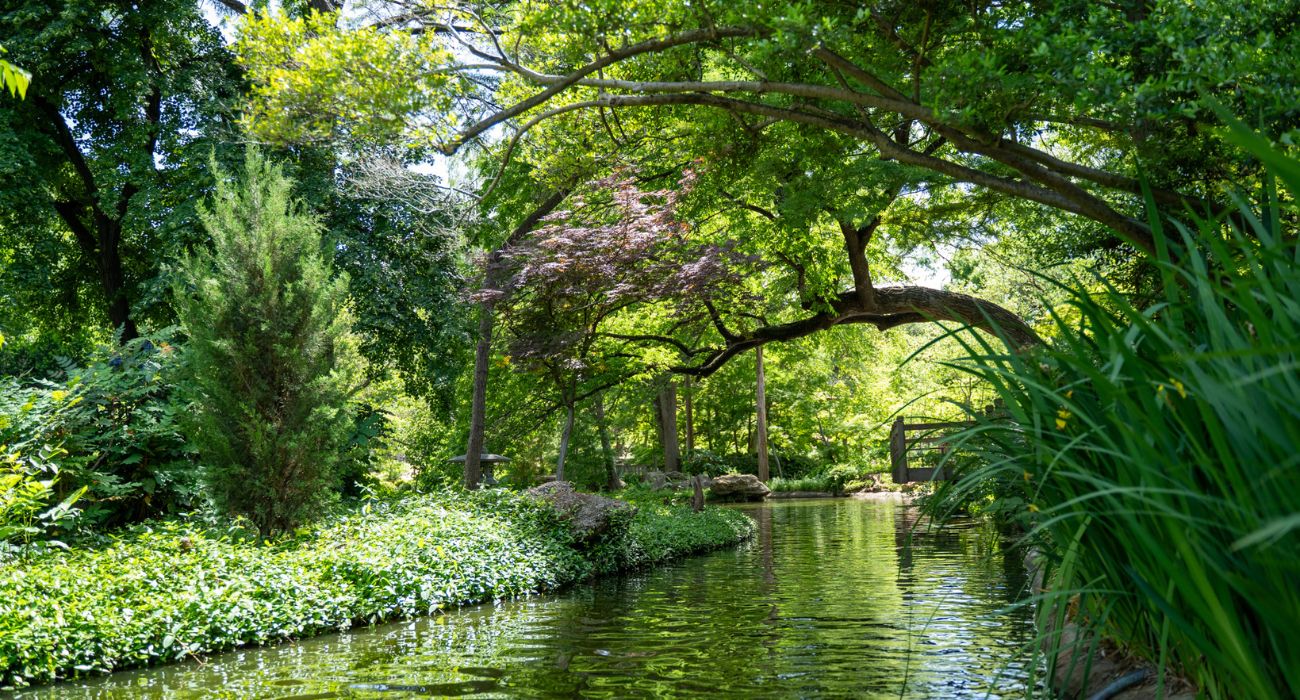
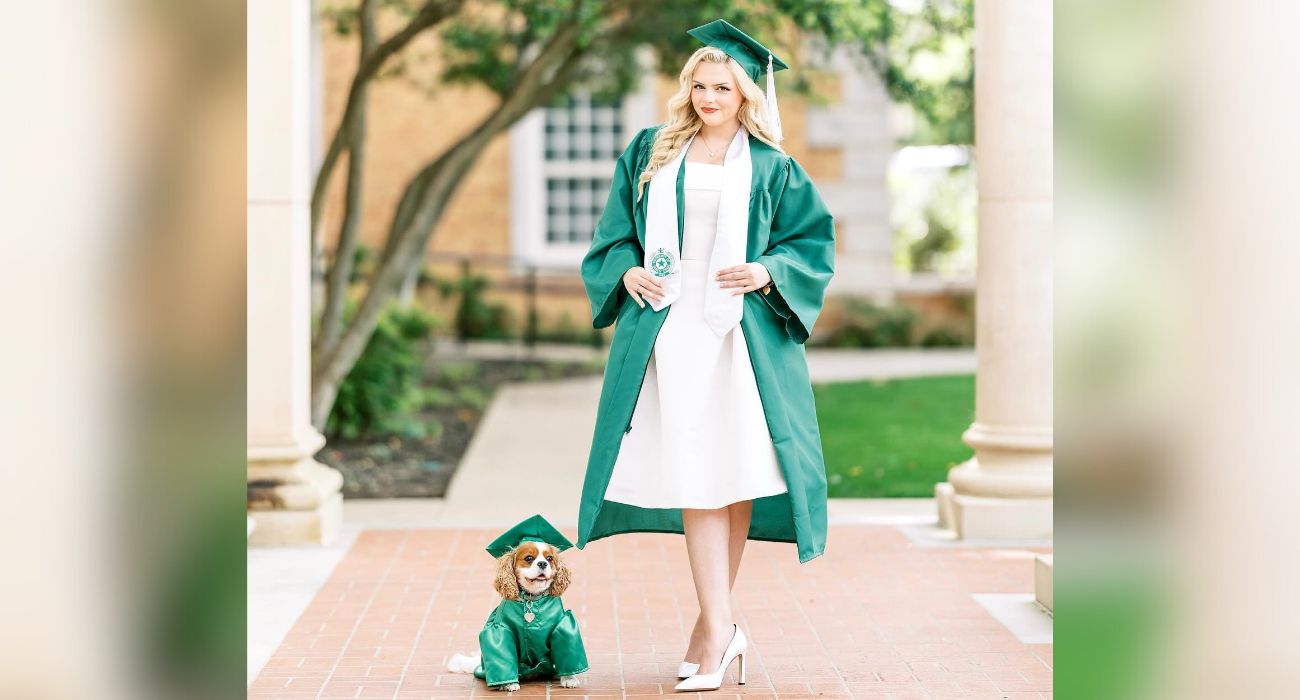
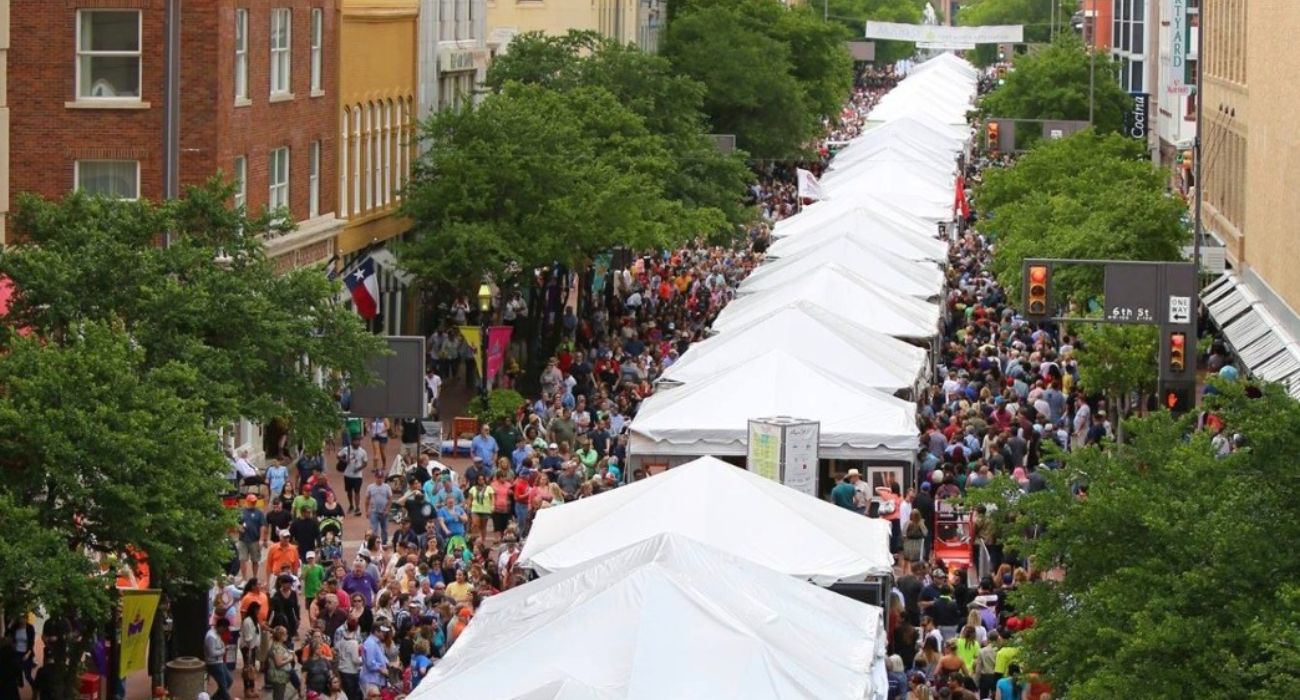
The radical behaviors of the Puritans were not representative of most colonies. Virginia, a much larger colony did NOT come for religious reasons, they were here for fortunes and economic opportunity.
This is part of the misrepresentation of America’s development. America was not colonized for religious reasons. Most colonists brought the CofE with them and celebrated Christmas. Anglicans vs Puritans led to the English Civil Wars.